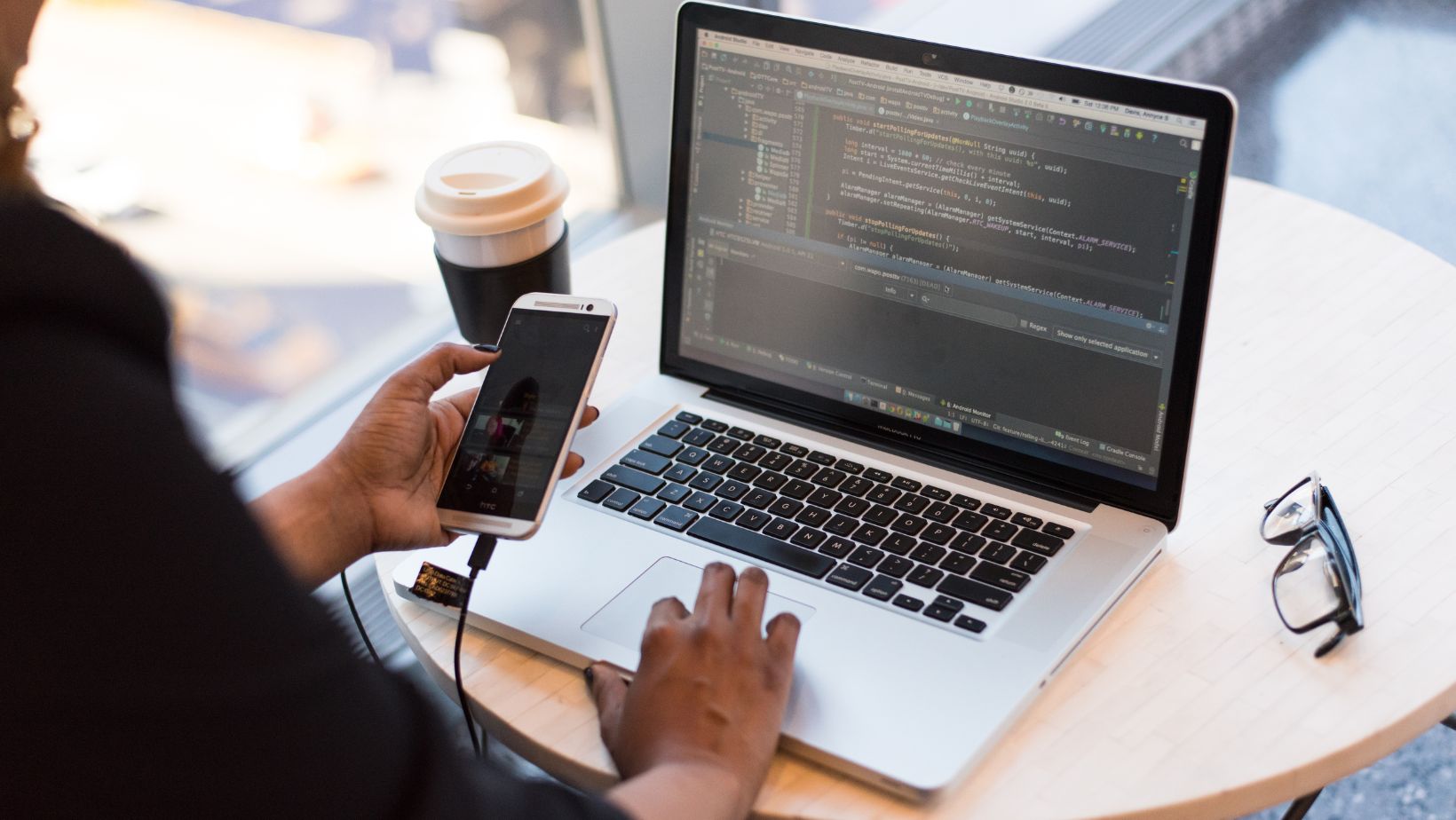
In a rapidly interconnected world, it is imperative to recognize that cybersecurity extends beyond the boundaries of our residences or workplaces. Cyber thieves could care less if you’re traveling for the holidays or on a pleasure vacation, so mobile device use must be a way to not become another cyber victim with trillions in damages.
Regardless of whether we are traveling domestically or internationally, it is vital to exercise caution and implement proactive measures to safeguard our Internet-connected devices. As our travels expand, so does the potential vulnerability to cyberattacks. Embrace and employ these recommendations to establish a confident online connection while on the go.
Table of Contents
ToggleSafeguard your Mobile Devices
Personal information is extensively stored on smartphones, laptops, tablets, and other devices. To ensure their security, it is advisable to consult a cybersecurity guide who can provide valuable insights. These professionals can offer guidance on the appropriate practices for traveling with your devices. The increasing prevalence of constant connectivity has resulted in the availability of numerous devices for this purpose.
However, this has also created opportunities for hackers to engage in cybercrimes. To safeguard yourself, consider updating your devices with the latest software and firmware for protection. It is highly advised that you only use reputable anti-virus software.
Many top anti-virus and spyware software on the market have free versions, so you know what you’re getting. Regardless of which anti-virus software you go with, it’s essential that you frequently update it with only trusted updates and patches from the developer.
Stick to Trusted Apps
Downloading apps exclusively from reputable sources like Google Play or the Apple Store is a fundamental security measure, especially since Google blocked nearly 1.5 million apps on its platform and banned many developers, too. These platforms implement strict security measures to screen and monitor apps, reducing the risk of downloading malicious software.
All reputable sites, including everything from online banks and food delivery services to legal online casinos, will only offer an official app that they developed or from a reputable third-party developer that you can easily verify. Reputable and trusted online service providers usually have their apps available for download at the Google Play and Apple Store.

When going with an app for the first time, it is crucial to thoroughly examine the app ratings, download counts, and developer reputations for installation. This diligent evaluation will help ensure a safe and satisfactory user experience.
Take the necessary precautions by customizing app permissions settings to restrict access to only essential features such as cameras or contacts. By limiting access to unused features, you can further fortify the security and privacy of your device. Enhance your device’s protection against potentially infected apps that may have slipped through the app stores’ screening process by installing a reliable mobile anti-malware app. This additional security step will provide you with extra peace of mind.
Choose a Strong Password
Before commencing your journey, it is essential to protect your electronic devices from unnecessary exposure, both physical and virtual, including your smartphone, laptop, and tablet. This entails implementing a strong and distinctive password that cannot be easily guessed. Consider utilizing a passphrase that incorporates a blend of the alphabet, numbers, and symbols to enhance the security of your devices. This primary level of protection is of utmost importance as it serves as a deterrent against unauthorized individuals tampering with your gadgets.
Don’t Forget about Two-Step Verification
For a more fortified account, let’s enable two-factor authentication (2FA) – it’s like installing an extra lock on your digital door. This guarantees that even if someone manages to acquire your password, they would still require a secondary form of verification (like a code sent to your phone) to gain entry. Numerous online platforms and services provide 2FA as a supplementary security feature.
Avoid Public Charging Stations & WI-FI
It is advisable to carry your own AC and USB power adapters for charging purposes. It is strongly advised against plugging into public USB ports. In the event that you are compelled to utilize a public charging station, it is crucial to ascertain that it solely offers power and lacks any data transfer capabilities.

Public Wi-Fi networks in coffee shops, airports, hotels, and other locations are attractive targets for hackers. It is widely acknowledged that using public Wi-Fi is riskier than using a public restroom, with a majority of Americans (60%) agreeing that it poses a cybersecurity danger. If you find yourself needing to use public Wi-Fi, it is advisable to limit your activities to basic website browsing.
It is important to refrain from signing in to sensitive accounts or transmitting private data while connected to these networks. To further enhance your security, it is recommended to disable Wi-Fi auto-connect on your devices. This will prevent them from automatically connecting to public hotspots without your knowledge, reducing the risk of unauthorized access.
Additionally, utilizing a Virtual Private Network (VPN) when connecting to public networks can provide an extra layer of protection. By encrypting your internet traffic and browsing, a VPN helps safeguard your data from potential eavesdropping or interception by malicious individuals.
Watch Which Links You Click
Phishing attacks and malware often find their way into our systems through links and attachments in unsolicited emails. It is alarming to note that more than 80% of reported security incidents stem from such deceptive tactics. To safeguard our digital environment, it is advisable to refrain from clicking on any content within unsolicited messages and promptly delete them.






